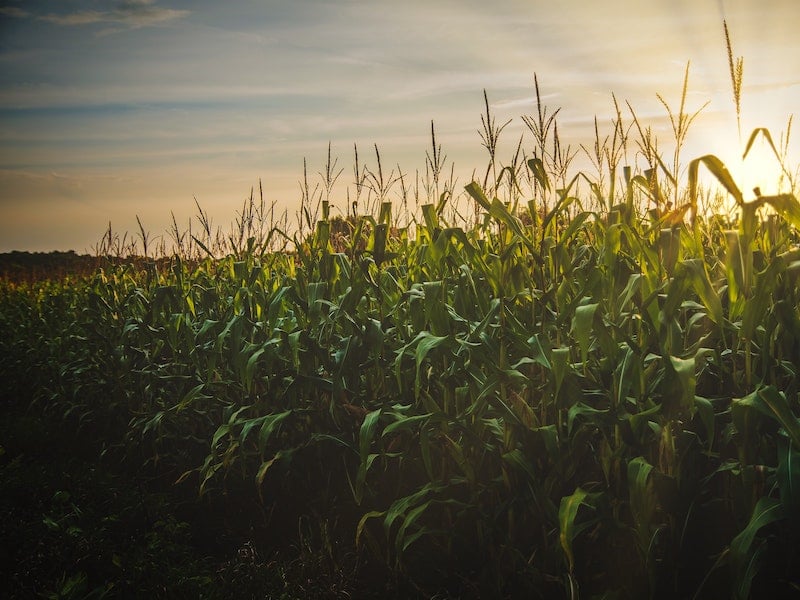
05 Mar Bayer’s top seed faces U.S. soybean challenge from Corteva
Bayer – Dicamba | The New York Times | Tom Polansek, Rod Nickel | March 4, 2020
Bayer’s herbicide for Xtend soybeans, dicamba, is known to drift away and damage crops that are unprotected
CHICAGO/WINNIPEG, Manitoba — Bayer AG’s takeover of Monsanto has been beset by problems, and now a decades-long dominance of the $4 billion U.S. soybean seed market is under threat from rival Corteva Inc.
Bayer told Reuters it expects plantings of its genetically modified Xtend soybean seeds to flatline this year for the first time, after three years of strong growth since their launch with an accompanying weed-killer. It projects plantings in 2020 will stay at about 50 million acres, which was 66% of the American crop last year.
Meanwhile Corteva, formed last year from the agricultural units of Dow Chemical and DuPont, expects its Enlist E3 seed to make up 20% of the U.S. crop in 2020, the first year it has been widely available.
The shift in the industry landscape is being driven by farmers like Ron Heck, in Perry, Iowa, who is ditching Bayer’s product and plans to go all-in on Corteva’s new soybean this spring, planting it across 2,000 acres.
Seeds are genetically modified to resist certain types of weed-killers and farmers must use only those herbicides to avoid damaging their soybeans. The problem for Bayer is that a herbicide used for Xtend soybeans, dicamba, is known to drift away and damage crops that are unprotected.
Bayer has been fighting costly lawsuits related to its $63 billion acquisition of Monsanto
Bayer, an agrichemicals and drugs titan, has been fighting costly lawsuits related to its $63 billion acquisition of American seed maker Monsanto in 2018.
Monsanto had dominated soybean sales since the 1990s with Roundup Ready, modified to withstand the weed-killer glyphosate. Some weeds have since developed resistance to glyphosate due to overuse, however, raising the need for soy that can resist alternative herbicides.
U.S. juries have separately ordered Bayer to pay billions of dollars over allegations glyphosate causes cancer, which the company denies. […]
Now dicamba has also been engulfed by controversy, with a jury last month ordering Bayer and competitor BASF SE to pay $265 million to a Missouri peach grower who said his orchard was destroyed by the companies’ dicamba drifting in from nearby farms. More than 2,000 U.S. farmers will likely sue the firms over crop damage linked to dicamba, according to law firm Peiffer Wolf Carr & Kane, which is representing some.
What’s next
Dave Kestel, a seed salesman for Corteva’s Pioneer brand in northern Illinois who also sells Xtend and LibertyLink, scents a pivotal shift.
“Monsanto’s been in the driver’s seat for a long, long time and that’s going to change,” he said.
FREE Consultation | 314-833-4827
Dicamba Damage Lawyers at Peiffer Wolf Carr & Kane are fighting on behalf of farmers and landowners to seek maximum compensation for the damages suffered due to Dicamba Damage. If you suspect that your crops or plants have been damaged by dicamba, contact Peiffer Wolf Carr & Kane by filling out a Contact Form or by calling 314-833-4827 for a FREE Consultation.



